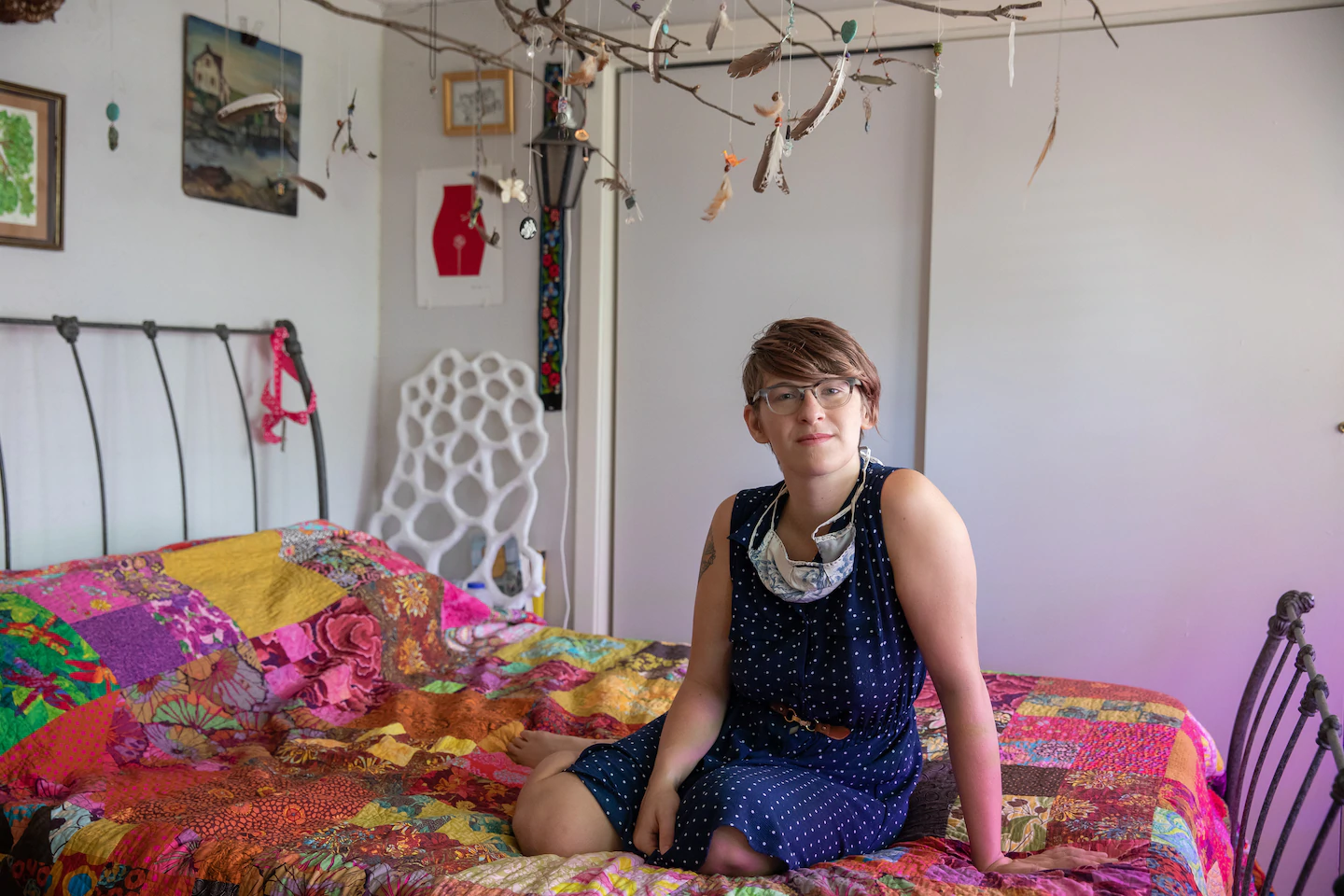This approach has been used to test malaria and cholera vaccines — and now, in laboratories and conference rooms, preliminary discussions are unfolding about the feasibility of employing it in the quest to find a weapon against the novel coronavirus.
The obstacles are formidable. Infecting healthy people with a potentially lethal virus, with no treatment to save them from severe illness or death, raises some of the most fraught ethical, scientific and philosophical issues in the history of medicine. Exposure to pathogens in challenge trials is usually permitted only for diseases that aren’t fatal or that have treatments available. No such assurances exist for the coronavirus, which has killed more than 425,000 people worldwide.
Francis Collins, director of the National Institutes of Health, said in an interview that challenge trials are “on the table for discussion — not on the table to start designing a plan.”
Large-scale trials of coronavirus vaccine candidates are slated to begin this summer and fall, but they involve more conventional approaches.
When Gray explains to her family her interest in potentially participating in a challenge trial, “it starts out being a conversation about FDA processes and ends up being a conversation about how I’m about to risk my life,” she said.
Despite that risk, Gray and more than 28,000 other volunteers have joined a new online organization, 1Day Sooner, hoping that by placing themselves in the path of the virus, the pandemic will end sooner.
Ethical quandaries
One of the first studies to endorse coronavirus challenge trials was published in March in the Journal of Infectious Diseases. Rutgers University bioethics specialist Nir Eyal and his colleagues proposed using challenge trials to supplement or even supplant a Phase 3 trial, the lengthiest and final step in vaccine creation.
In a typical Phase 3 vaccine trial, which is required for Food and Drug Administration approval, thousands of participants receive an inoculation, either an experimental vaccine or a placebo. To test whether a vaccine prevents infection, researchers wait until subjects have been naturally exposed in their communities. This process can take six months or more. Even as pharmaceutical companies race to make a coronavirus inoculation, the wait may stretch a year or longer for a vaccine to reach the market.
As coronavirus cases decline in the regions hit hardest in the spring, some experts worry a traditional Phase 3 trial may take too long or not gather enough evidence to be conclusive. Because challenge trials guarantee exposure, these studies require as few as 100 subjects and can be completed in two or three months.
A challenge trial may not be able to bypass a Phase 3 trial or efficacy study but can help in other ways. “If you’re looking at 100 vaccines, some of them might turn out be total busts,” said Neal Dickert, a bioethics specialist at Emory University who has studied flu challenge trials. Using that approach with the coronavirus trial could help scientists shelve the busts sooner.
In the months since Eyal and his co-authors published their paper, support for challenge trials has grown among specialists in bioethics. Charles Weijer, a professor at Canada’s Western University, said coronavirus challenge trials presented the hardest question he has faced in 24 years as a bioethics expert.
A paramount tenet of conducting human research, dating to the Nuremberg Code, is informed consent — in which people fully understand the risks and limitations of participating.
“Most ethicists agree there is an upper limit of risk,” said Seema Shah, an ethics professor at Northwestern University’s Feinberg School of Medicine. “It wouldn’t be okay to sacrifice one individual for the benefit of many others.”
When Weijer helped develop guidelines for challenge studies in 2015, a central idea was “that volunteers in human challenge studies in no circumstance will be exposed to diseases that are irreversible, incurable or possibly fatal,” he said. Coronavirus trials violate that concept.
“It makes me very worried that in a covid-19 challenge study, should we go ahead, that odds are some people are going to be seriously injured and some people are going to die,” Weijer said. “The question for me then is: What can we do to mitigate those risks?”
To answer that, the World Health Organization convened a panel of ethics experts and researchers from around the globe, including Weijer and Shah. They wrote a 19-page document explaining criteria for conducting these studies. The report emphasized informed consent, minimizing risk (people 18 to 30 have the lowest fatal infection rate, the authors noted) and the need for “strong scientific justification.”
Careful site selection is also important. Drawing participants from communities where transmission is high may reduce the relative risk to volunteers because they would be more likely to catch the virus anyway — but thi

